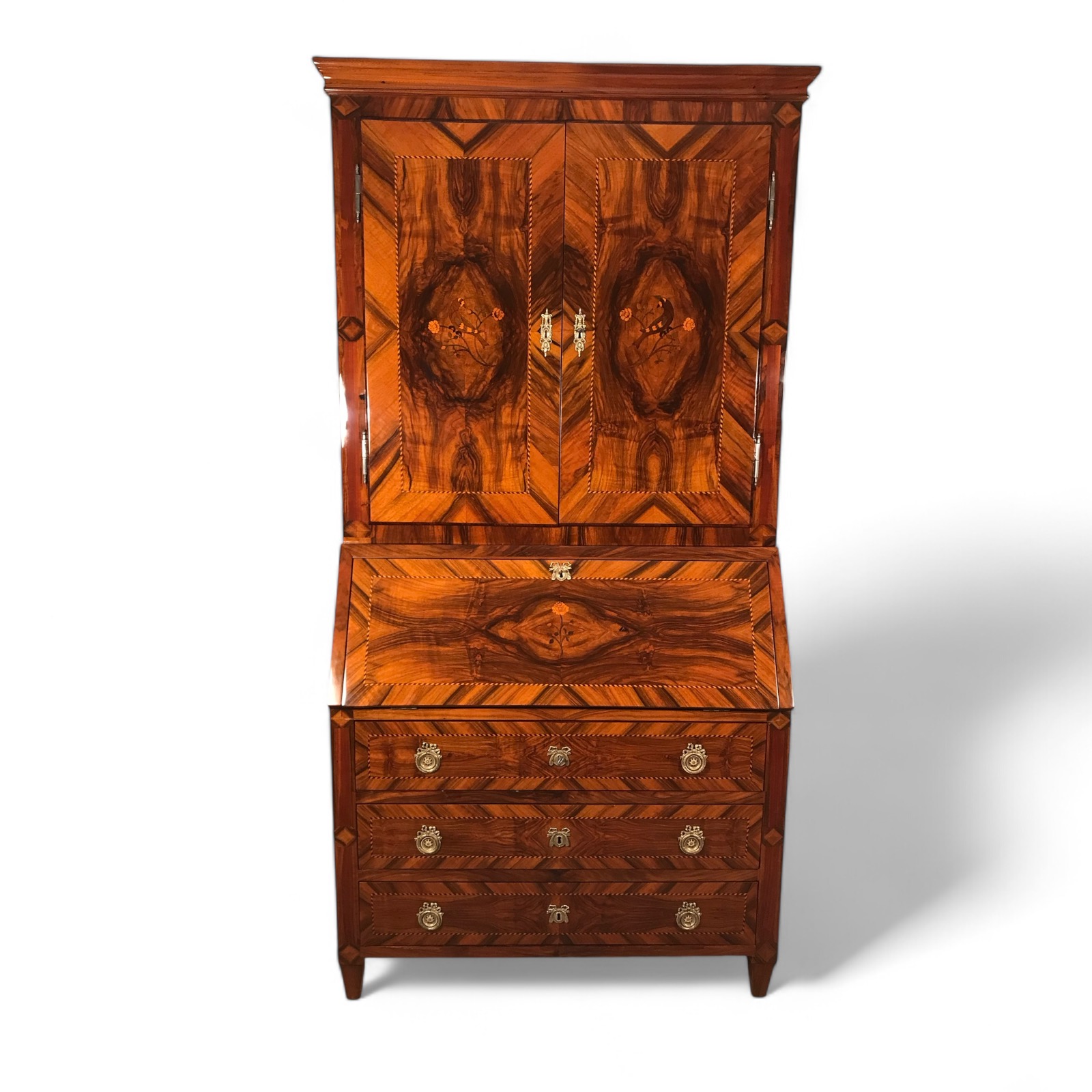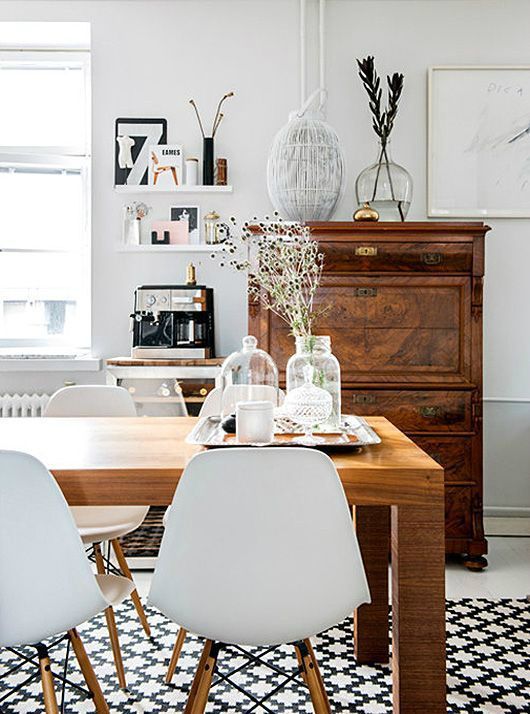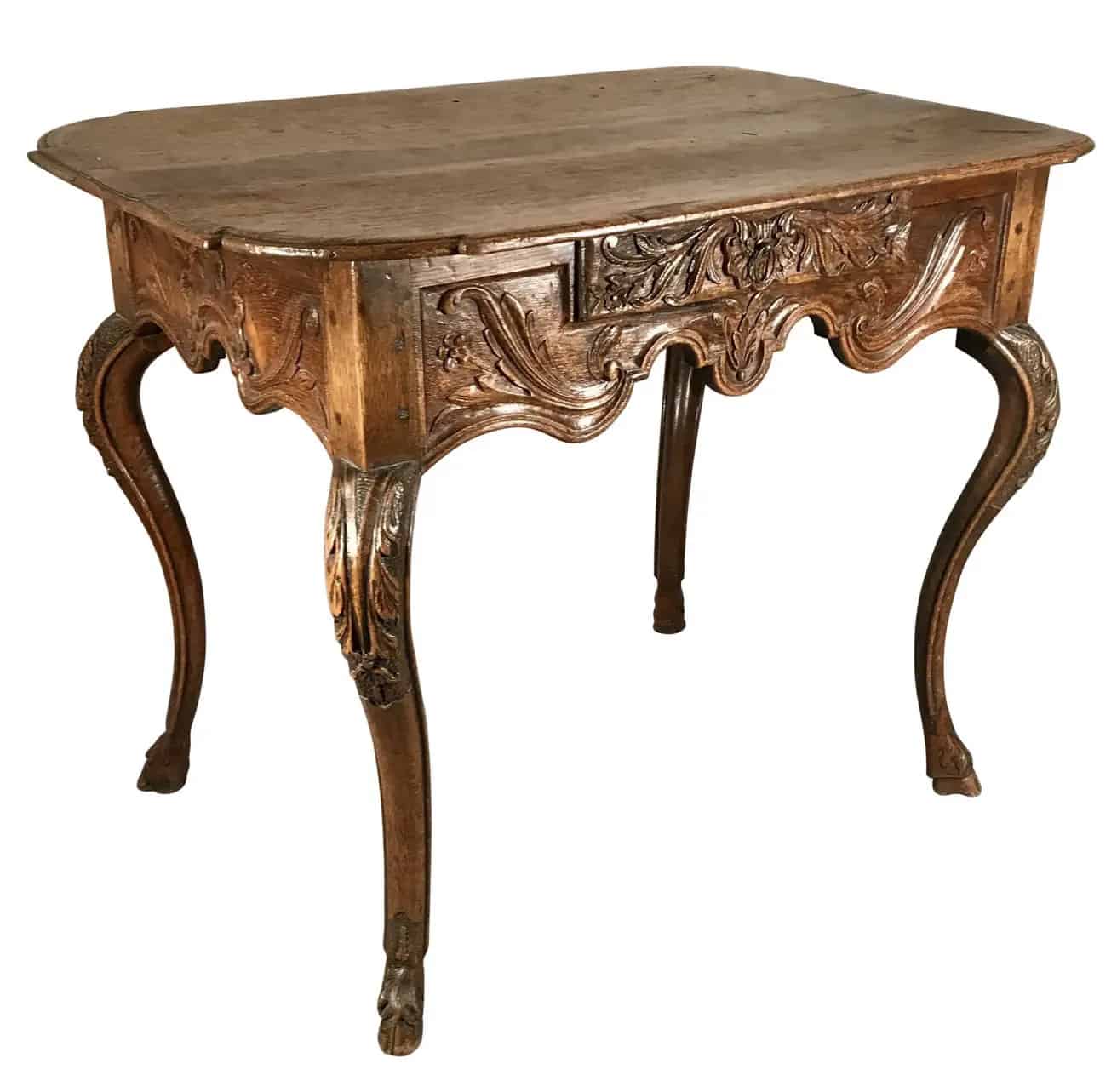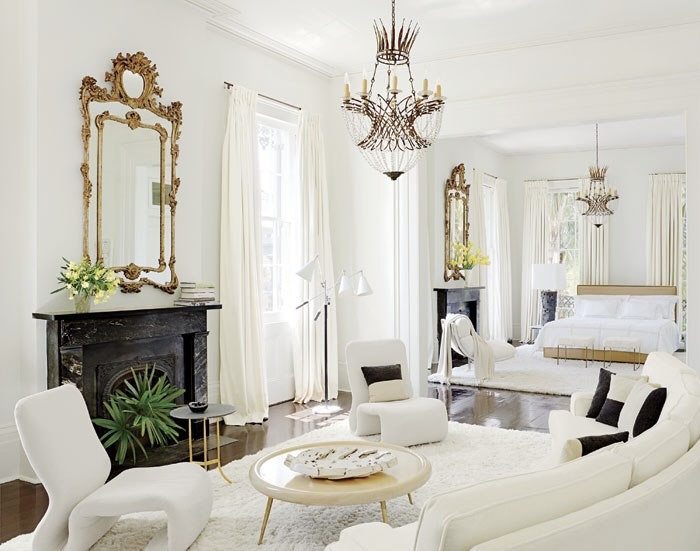#Reviving #Timeless #Treasures #Integrating #Antique #Furniture #Modern #Home
Breathing Life Into Antique Furniture: A Timeless Investment for the Modern Home
Antique furniture represents more than just old pieces of wood crafted into tables, chairs, and cabinets. It embodies history, artistry, and an enduring charm that has captivated collectors and designers alike for centuries. In an age of fast fashion and mass-produced home decor, antique furniture stands as a testament to craftsmanship, character, and sustainability. Whether you’re a seasoned collector or a novice looking to add character to your space, there’s something irresistible about the allure of antiques.
In this post, we’ll explore why antique furniture remains relevant today, how it can be seamlessly integrated into modern interiors, and why it’s worth considering as both an aesthetic and financial investment.
The Allure of Antique Furniture: Why History and Craftsmanship Matter
Antique furniture possesses a unique character that is rarely found in contemporary pieces. Every scratch, patina, and intricate carving tells a story. Unlike modern furniture, which is often produced in large quantities using uniform materials, antiques are handcrafted, often one-of-a-kind, and imbued with the personality of their time.
Antiques also embody the evolution of design. Each piece offers a glimpse into the past, whether it’s the ornate flourishes of a Baroque Dresser, the sleek lines of Art Deco cabinets, or the rustic simplicity of Shaker furniture. This sense of history adds depth and meaning to your home, making it more than just a living space but a curated museum of personal taste.
Moreover, the quality of craftsmanship in antique furniture is unparalleled. Pieces that have survived a century or more were built to last, often using techniques that are rare or extinct today. The rich materials—solid hardwoods, hand-forged ironwork, and elaborate inlays and veneers—create a depth of texture and warmth that modern reproductions often lack.



Sustainability and Value: Antique Furniture as an Eco-Friendly and Financially Smart Choice
In an era of increased environmental awareness, antique furniture offers a sustainable alternative to disposable, mass-produced items. Purchasing an antique means you’re not contributing to deforestation, industrial pollution, or the consumption of non-renewable resources. These pieces have already stood the test of time, proving their durability and lessening the need for replacement in the future.
Financially, antiques can also be a wise investment. While the value of mass-produced furniture typically depreciates over time, well-chosen antiques often retain or even appreciate in value. This makes them not only beautiful additions to your home but potential assets for the future. However, the key is to invest wisely. Knowing the history, condition, and market demand for specific items is crucial. Unlike trends that come and go, antiques offer a timeless appeal that can be passed down through generations.
Integrating Antiques into Modern Interiors
One of the most exciting aspects of antique furniture is its versatility. Despite its historical roots, antique furniture can be beautifully integrated into contemporary spaces, adding warmth, character, and contrast. The key is balance—mixing old and new in a way that feels cohesive rather than cluttered.
Here are a few tips for integrating antiques into modern interiors:
- Start with Statement Pieces: If you’re new to antiques, begin with a statement piece like a grand dining table, a classic wingback chair, or a vintage chest of drawers.

 These pieces can serve as focal points in a room and set the tone for the rest of the decor. Surround them with more modern furniture and accessories to create contrast and harmony.
These pieces can serve as focal points in a room and set the tone for the rest of the decor. Surround them with more modern furniture and accessories to create contrast and harmony. - Mix Styles: Don’t be afraid to mix different periods and styles. An 18th-century Louis XVI Cabinet can look stunning in a minimalist living room, while a mid-century modern chair can add flair to a more traditional space. The key is finding a common thread—whether it’s color, material, or shape—that ties the pieces together.
- Play with Textures: Antique furniture often has rich textures that add depth to a room. Consider pairing a distressed wooden table with sleek metal chairs or placing a velvet-upholstered antique sofa against a wall of exposed brick. The contrast between old and new textures can create a dynamic and visually interesting space.
- Repurpose and Reimagine: Sometimes, antique pieces need a little reinvention to fit seamlessly into a modern home. A vintage sideboard can become a stylish media console, or an old trunk can serve as a coffee table. Don’t be afraid to think outside the box and repurpose items in creative ways.
- Keep It Functional: While antiques are often beautiful, they should also be functional. Make sure the pieces you choose suit your lifestyle. For example, an antique dining table should be sturdy enough for regular use, and a vintage chair should be comfortable enough for sitting. If necessary, consider professional restoration to bring the piece back to life without compromising its integrity.
Caring for Antiques
Owning antique furniture comes with the responsibility of preserving these treasures for future generations. Proper care and maintenance are essential to keep your pieces looking their best.
- Cleaning: Avoid harsh chemicals when cleaning antique furniture. Instead, use a soft cloth and gentle, non-abrasive cleaners. For solid wood pieces, a high-quality furniture wax can help protect the finish and enhance the natural beauty of the wood.
- Humidity and Temperature Control: Antiques, especially wood pieces, are sensitive to changes in humidity and temperature. Extreme conditions can cause wood to crack, warp, or lose its finish. Aim to keep your home’s environment stable and use humidifiers or dehumidifiers if necessary.
- Restoration: Over time, antique furniture may need restoration to maintain its beauty and functionality. Whether it’s reupholstering a chair or refinishing a table, consult a professional who specializes in antiques to ensure the work is done with care and respect for the piece’s history.
- Protection from Sunlight: Direct sunlight can fade fabrics, paints, and finishes on antique furniture. Protect your pieces by placing them out of direct sunlight or using curtains or blinds to control light exposure.
- Avoid Heavy Loads: Antique furniture, especially older pieces, may not be as strong as modern items. Avoid placing heavy objects on delicate surfaces to prevent damage.


Baroque Table, Flanders 18th century- available on Styylish
Antique Shopping Tips
Whether you’re shopping at a flea market, an auction, or an antique shop, buying antiques can be an adventure. Here are a few tips to help you make informed purchases:
- Do Your Research: Before making a purchase, take the time to research the piece’s history, style, and market value. Knowing what to look for can help you avoid buying a reproduction instead of an original.
- Inspect the Condition: Carefully inspect any antique before purchasing. Look for signs of damage, repairs, or alterations that could affect the piece’s value or functionality. While some wear is to be expected, major flaws could require costly repairs.
- Ask for Provenance: Provenance refers to the history of ownership of an antique. A documented provenance which is rare can add to a piece’s value and authenticity. If the seller has any records or history about the item, be sure to ask for it.
- Trust Your Instincts: If you fall in love with a piece and it fits your budget, go for it. Antiques are unique, and once you pass on something, it may be difficult to find a similar piece again. Trust your instincts and buy what speaks to you.
Conclusion
Antique furniture is more than just a design choice—it’s an investment in history, sustainability, and craftsmanship. These timeless pieces offer a sense of character and depth that modern furniture often lacks, making them a perfect addition to any home. By carefully selecting, integrating, and caring for antiques, you can create a space that reflects your personal style while honoring the artistry of the past.
Whether you’re drawn to the elegance of a Biedermeier chair, the simplicity of a farmhouse table, or the opulence of a Rococo mirror, antique furniture offers endless possibilities for creating a home that is as unique as you are. Embrace the charm of the old and blend it with the new—your space will thank you for it.





